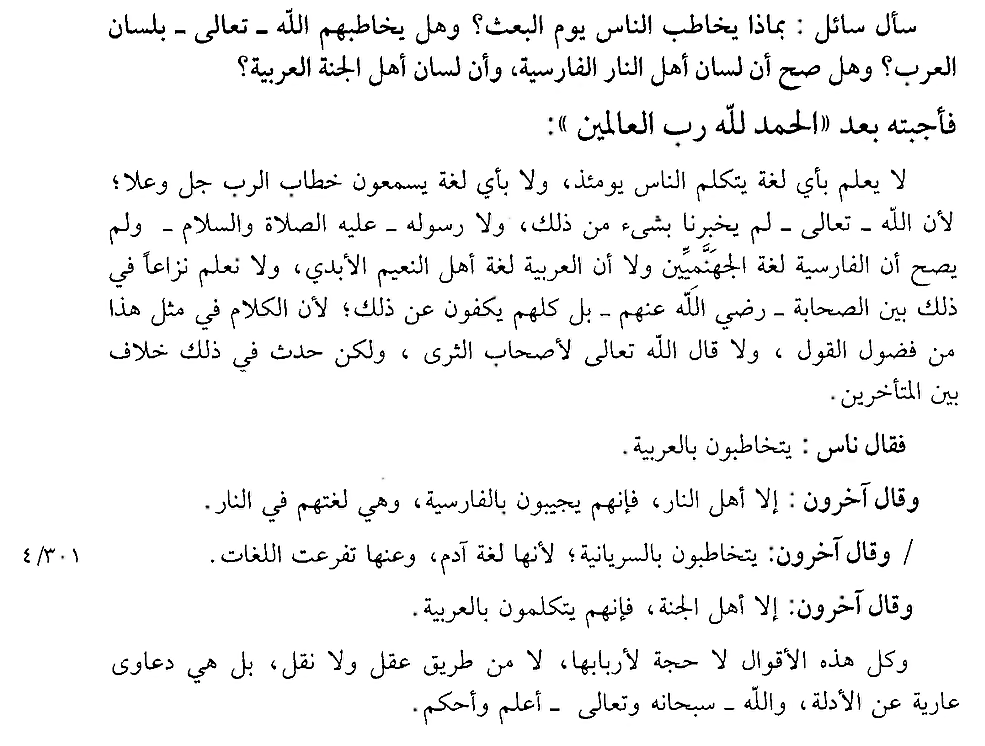I was born in Romania and I'm half Romanian and half Arab. I went to Kuwait and I stayed for 12 years. I used to know Arabic well, but now I forgot how to write and speak. I barely understand Arabic since we moved to my homeland (Romania), and I learned well my mother's language because it is my mother's language and it is a shame for me to not know how to speak correctly and to write. I wonder if there is any dua that I can use so that I'll be asked in the grave, like:
- Cine e Stăpânul tău? — Dumnezeu e stăpânul meu.
- Ce spui despre aceea persoana care a fost trimis printr voi? — Muhamed este profetul lui Dumnezeu
- Care e religia ta? — Religia mea este Islam.
Because if I'll be asked in Arabic, I'll be asked in a much more academic Arabic, then I'll be shocked because I don't know how to answer their questions. If they were to ask me in my mother language, then yes I would answer correctly. So is there any dua as I mentioned here on text?
If there's any mistake there in text, please let me know so that I can edit it.

